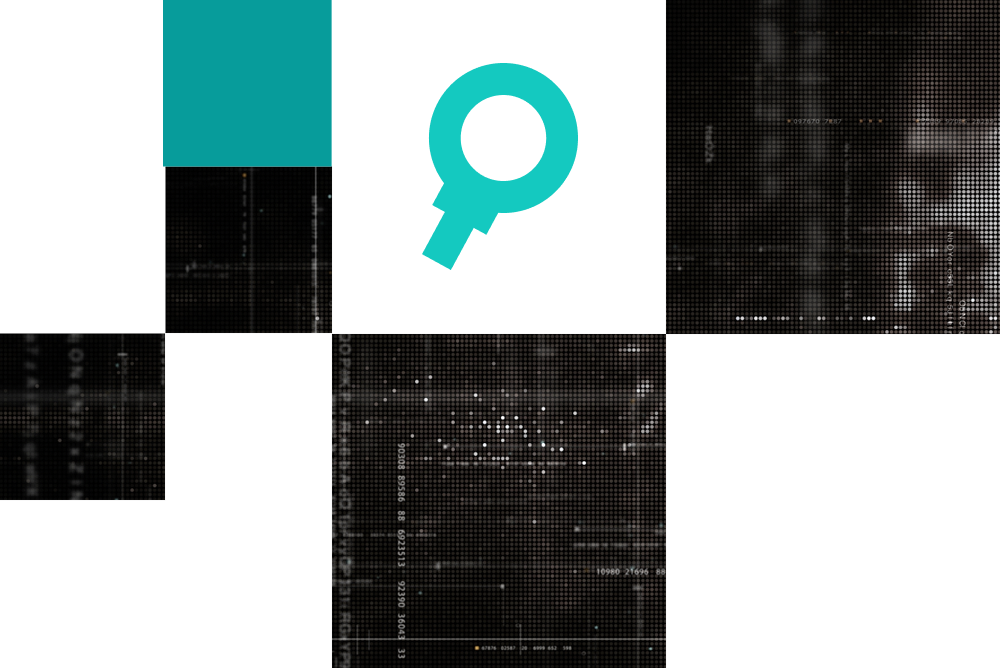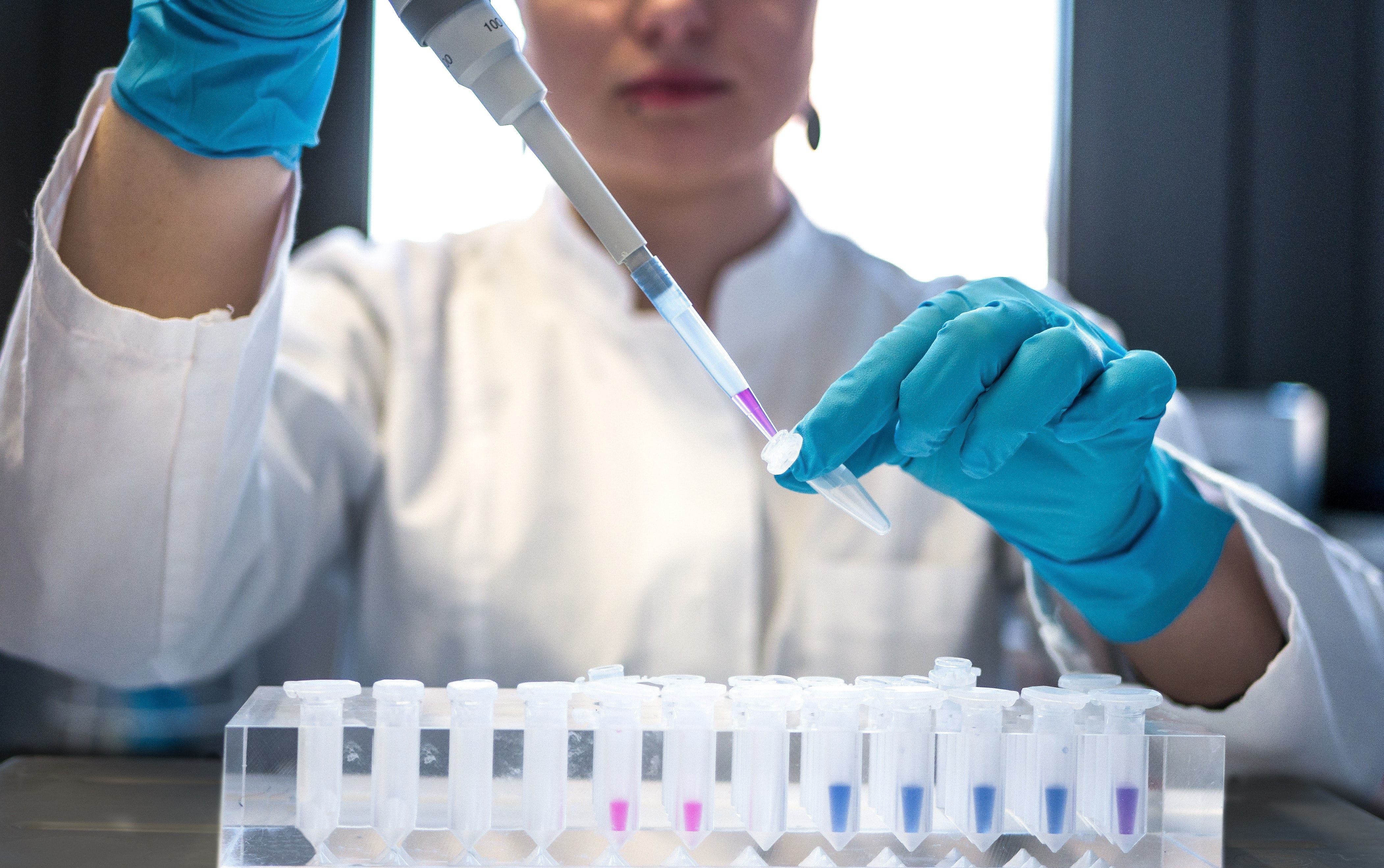NanoLabNL is the national infrastructure for nanotechnology research in the Netherlands. It supports scientists working at the smallest scales, enabling breakthroughs in electronics, materials science, energy, and healthcare. By providing access to advanced labs, specialized equipment, and expert technical support, NanoLabNL plays a vital role in turning scientific ideas into real-world innovations.
Its facilities are spread across multiple locations in the country, forming a collaborative network that serves both academic and industrial research.
To bring more visibility to the scientific impact of Dutch nanotechnology infrastructure, we’ve partnered with NanoLabNL on a joint project. The goal is to build a centralized and comprehensive overview of all scientific publications that have used NanoLabNL facilities since 2019.
The current scope includes five NanoLabNL locations:
- Enschede (MESA+)
- Delft (Kavli Institute, Else Kooi Lab, TNO)
- Eindhoven (Eindhoven University of Technology)
- Groningen (Zernike Institute)
- Amsterdam (AMOLF)
Why this matters
NanoLabNL’s infrastructure often goes unrecognized in scientific publications. Without consistent acknowledgments or centralized tracking, it’s difficult to measure the full extent of its contribution to Dutch research and innovation. This project aims to change that by:
- Making NanoLabNL’s role in research more visible
- Strengthening accountability and recognition
- Supporting impact reporting for funders and policymakers
- Creating a foundation for future monitoring and compliance
The work involves identifying relevant publications, linking them to the correct lab and research group, and verifying acknowledgments. Each site contributes researcher lists and local insights, while the project team builds a unified national overview. It’s a detailed process, but one that reflects a broader goal: ensuring that shared infrastructure Once completed, the dataset will offer a reliable snapshot of nanolab-supported research since 2019 and provide a model for ongoing updates. Clear documentation will make it easier to track future publications and maintain transparency.
Interested in collaborating or learning more? Contact us or follow us on LinkedIn and www.scoutinscience.com for updates.



